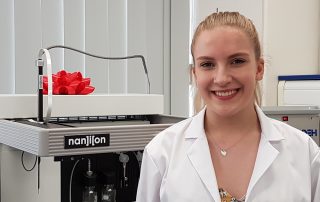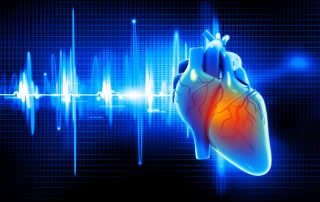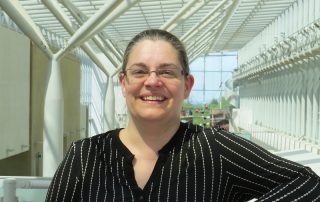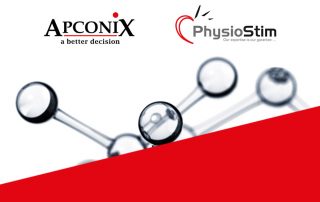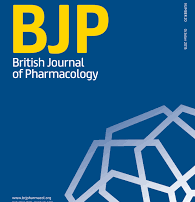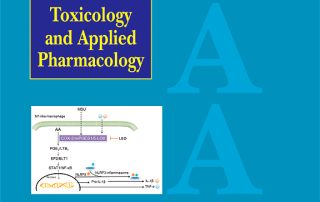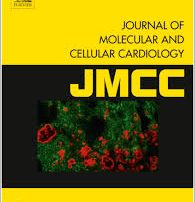ApconiX Welcomes Katie Cox
Katie Cox joins ApconiX as a placement student for the month of July. Katie, a third-year student from Sheffield University studying Biomedical Sciences hopes to carry on with her studies and complete a master’s degree at Sheffield after graduation. Eager to gain experience of a real-world laboratory, Katie took her tutor’s advice and applied. Dr [...]

